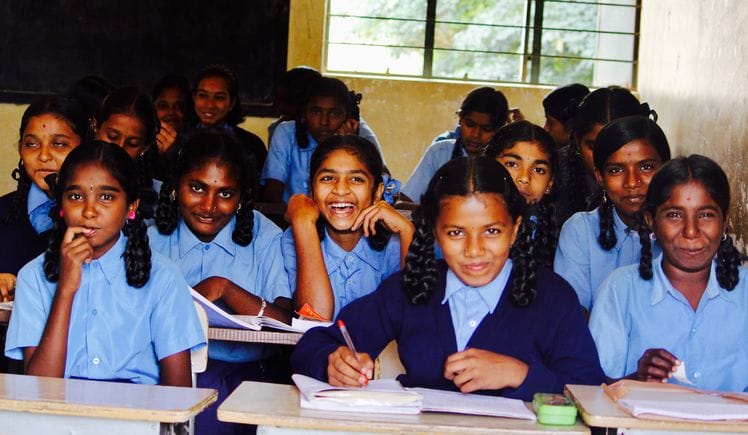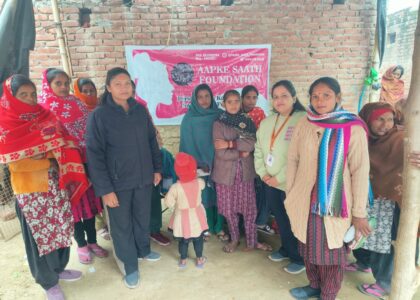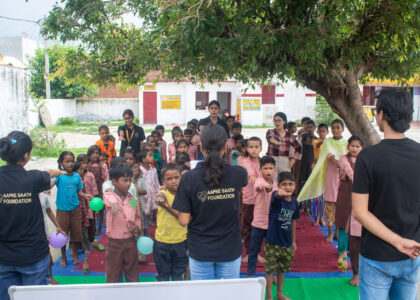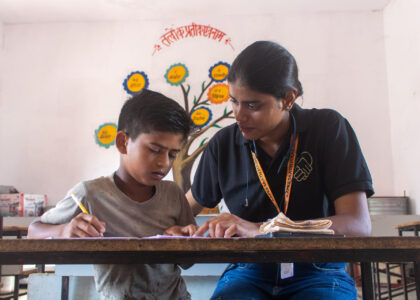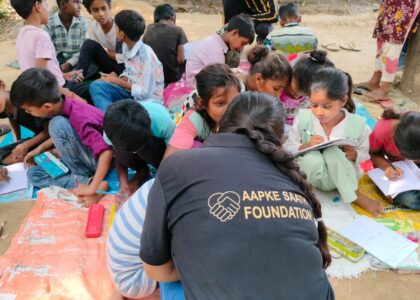The problems of schooling of girls in rural areas
The female literacy rate in urban areas stands at 64%, while in rural areas, it is significantly lower at 31%. This stark contrast highlights the challenges girls face in accessing education. Despite recent progress, women and girls still struggle against societal barriers in a male-dominated world. Low literacy among rural women not only hinders their personal development but also affects their families, communities, and the well-being of their children.
Millions of girls worldwide are still out of school. According to UNICEF (2016), 61 million girls are out of school, including 32 million of primary school age and 29 million of lower secondary age. In India, six out of 24 states report that 25% or less of rural women are literate, meaning over 75% of girls remain illiterate in those regions.
Girls in rural areas face even greater obstacles due to their families’ lower educational backgrounds, where education is often undervalued. Rural communities, lacking sufficient support systems, often force girls into household chores or labour, preparing them for future marriage rather than schooling. A common saying in India, “raising girls is like watering someone else’s lawn,” reflects the widespread belief that daughters are financial burdens, primarily due to dowries, while sons are seen as long-term investments. This cultural bias results in many parents prioritizing their sons’ education, believing they will care for them in old age.
The inequality in access to education for girls is driven by deep-rooted cultural and economic factors. However, girls have the same right to education as boys. Educated girls can make informed choices, become financially independent, and improve the lives of their families and communities. They are assets to society, as they bring innovative solutions and optimize resources.
To combat this mindset, we are actively working to improve female literacy in rural areas where women’s education is most neglected. Our efforts aim to empower women through education, enabling them to become valuable contributors to society. We are grateful to all those who have supported us in achieving these goals.
